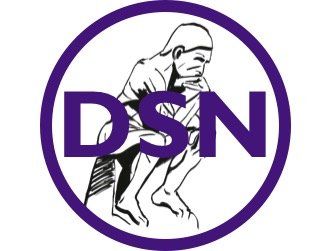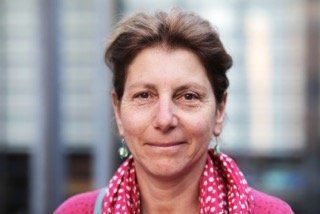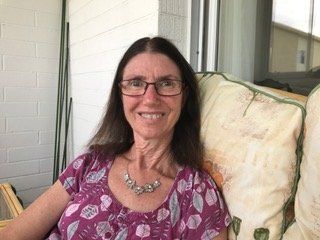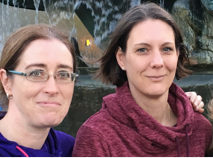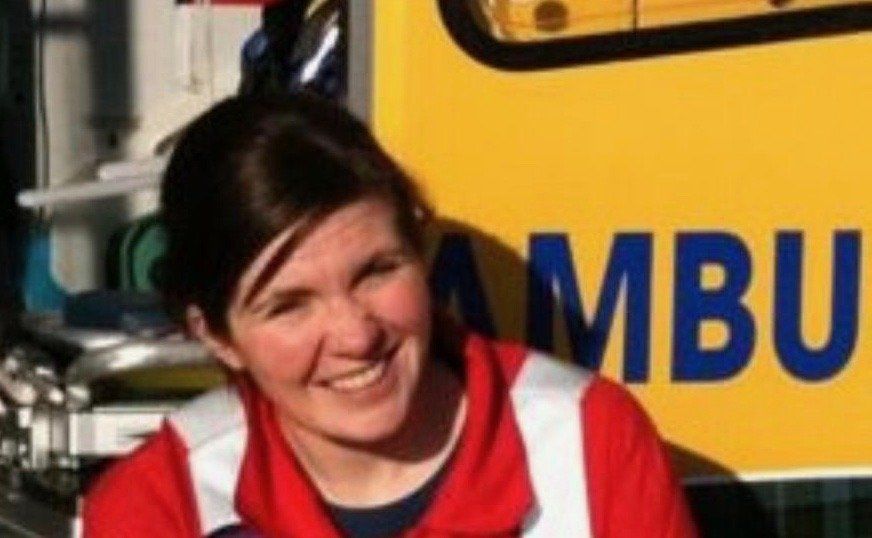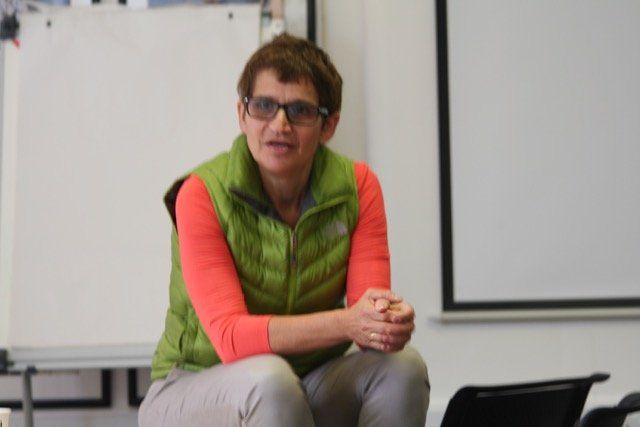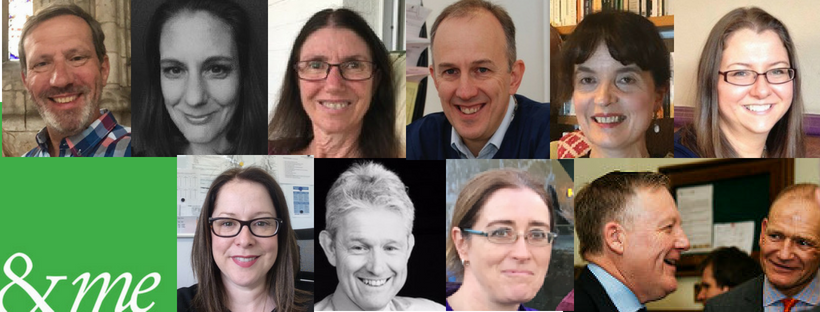DSN's patron Dr Phil Hammond defines health at the DSN 2019 conference
CLANGERS, keeping well for medics, specialist support and creativity were all on the programme at our recent conference in Bristol.

Our first AGM and conference in South West England was held in Bristol on Saturday 8th June 2019 at the New Room chapel.
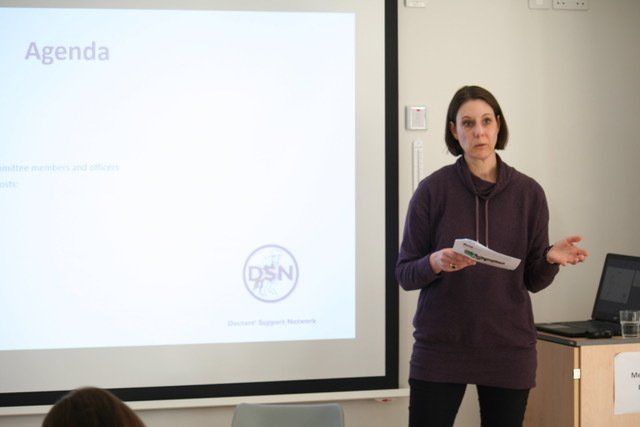
AGM
We elected our officers and committee for 2019-20 as below:
- Co-chairs: Dr. Louise Freeman and Dr. Angelika Luehrs
- Vice chair: Dr. Malcolm Kinnear
- Treasurer: Dr. Rebecca Lawrence
- Secretary: Dr. Matthew Christie
- Membership secretary: Dr. Susan Atcheson
- New committee member: Dr. Cathy Wield
Treasurer's report available here
Discussion took place around face to face DSN meetings, manning DSN stands at events, our London Marathon silver bond place, and donations to DSN.
After lunch, we welcomed non members of DSN to join our conference for the afternoon session. This was very well attended with an engaged and enthusiastic audience responding to our fantastic speakers.
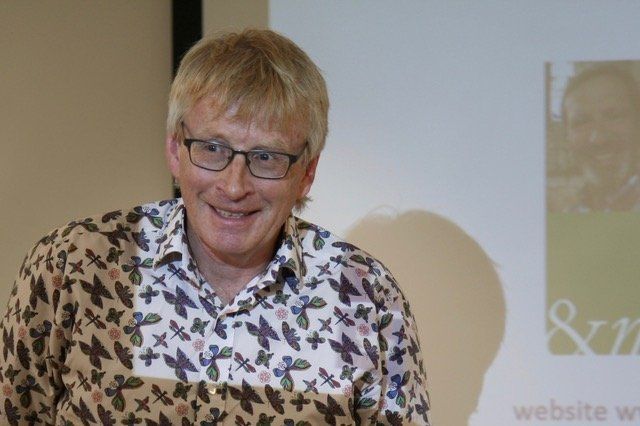
The Meaning of Health
Speaker: Dr. Phil Hammond
is a doctor, journalist, campaigner, comedian and DSN's long-standing patron. He qualified as a GP in 1991 and currently works in a specialist NHS centre for children and adolescents with chronic fatigue syndrome/ myalgic encephalomyelitis (ME). The General Medical Council has said of Phil 'A comedian trapped in a doctor’s body.’
Twitter: @drphilhammond
Phil started his talk by noting that neither the NHS nor NICE has a definition of health! He introduced his own definition of health as 'Freedom to live a life that we have reason to value' later adding the caveat 'that also values others while taking as much responsibility as we reasonably can'. He told us that health is from the Old English 'hǣlth' meaning oneness in mind, body and spirit.
Phil talked about his own family history, noting that both his father's and mother's families had a history of mental ill health and suicide. He has previously spoken about his father's death during his own childhood. He said that he could 'remember feeling proud at the age of seven that I was crying less than my brother' when he found out that his father had died of a heart attack. Phil said that he had felt under pressure to get a lot done as a young man - campaigning as a junior doctor, writing for Private Eye, founding the comedy duo 'Struck off and Die' because he thought that he might die early like his father. In his thirties, Phil finally discovered that his father had actually died by suicide - as had his great grandfather and great uncle.
Phil then introduced Dr Phil's CLANGERS
- his acronym for daily habits which promote good health for everyone:
- C onnect
- L earn
- (be) A ctive
- N otice
- G ive back
- E at well
- R elax
- S leep
Phil concluded his talk by declaring his intention to stand for election as Health Secretary on the grounds that he couldn't be worse than the last three!
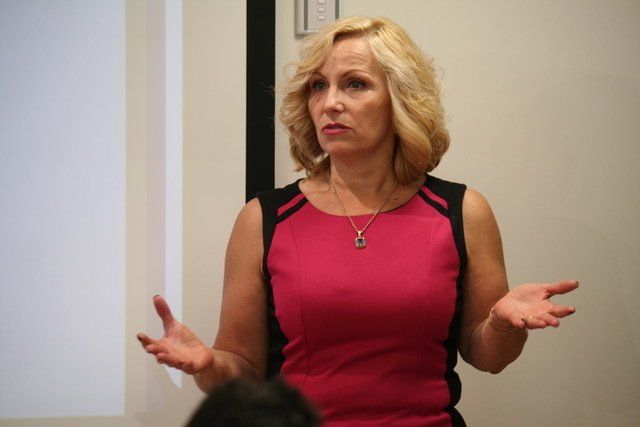
Keeping on Keeping Well for Medics
Speaker: Leona Walsh
, Professional Support Unit, Health Education & Improvement Wales (HEIW). Leona has been working in Postgraduate Medical Education, Wales Deanery since 2004 in roles ranging from International Medical Graduates, Specialty Training Recruitment and Professional Support to doctors and dentists in training.
Twitter: @LeonaAWalsh
Leona started her presentation by explaining the role of Professional Support Units whose remit is to provide support to trainee doctors in every region of the UK - the structure of the support provided varies between regions. The support provided includes regarding mental health problems, psychosocial stresses, exam pressures and training demands. Leona explained that her own unit currently provides support for 11% of trainees in Wales and is able to refer onwards to a coach or therapist for up to twelve meetings. Leona reported an increasing number of self referrals to the unit - showing that trainees are developing confidence in the service. The unit hopes to increase its remit to all doctors in Wales in the future.
Echoing Dr Phil's CLANGERS, Leona spoke about the importance of sleep, exercise and relationships as well as being organised, planning and identifying stressors and distractions in trainee's lives. She showed us the HEIW 'Game of Training' - demonstrating that careers do not proceed smoothly (for anyone) from medical school to Certificate of Completion of Training. Leona reminded us that events such as getting married and having children can bring their own stressors to be negotiated.
Finally, Leona reminded us that promoting trainee wellbeing did not need to be complex or expensive - giving the example of trainee medics reporting that the most effective interventions regarding their wellbeing were for seniors to 'know my name' and 'say thank you'.
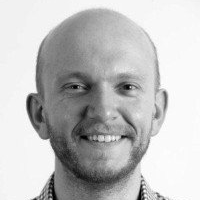
Practitioner Health Programme Update
Speaker: Richard Jones
RMN MSc BSc . Richard is the Clinical Director for both the
NHS Practitioner Health Programme (PHP)
and the
GP Health Service (GPH)
. He manages the largest caseload in both services, helping practitioner patients to recover from a wide variety of health problems and addictions.
Richard firstly explained how his role covers the Practitioner Health Programme PHP (currently commissioned for London based doctors and dentists - and all docs in England via GP referral) the GP Health Service GPH (all GPs including trainees in England) as well as a trainee support service for London.
Regarding PHP - the first specialist mental health service for UK medics - Richard told us that the programme has an active caseload of 840 practitioners with 30 new patients per month and most being discharged from the service within one year. GPH has 1600 active patients with 112 new referrals per month. Richard explained that both services see new patients within two to seven days and they aim not to operate a 'wait list'. He mentioned that the service will expand significantly in late 2019 when all doctors and dentists in England (175,000) will be able to self refer to PHP or GPH.
Discussing precipitating factors leading to mental ill health, Richard said that the newer GP service sees cases falling into four main categories:
- 'Practice meltdown'
- 'Too much, too soon'
- 'The straw that breaks the camel's back'
- 'Sad leading to bad'
Link to Practitioner Health Service 10 year report here
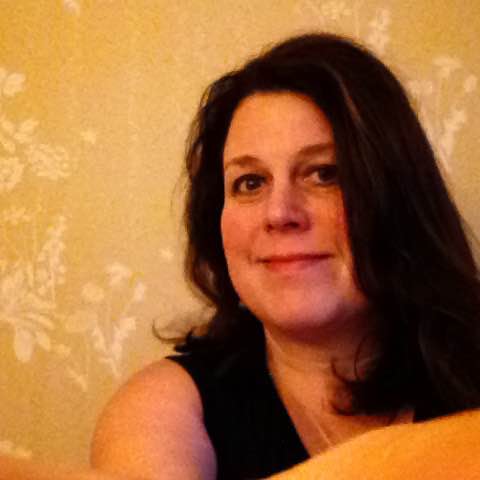
Creativity & Wellness for Doctors
Speaker: Dr. Jo Bowen
‘I am a retired London psychiatrist now running a private stress and anxiety/trauma management clinic in Devon and online, specialising in helping doctors, dentists and vets. I include use of conflict reduction creativity tools to aid wellness and fulfilment.’
Twitter:
@jotalbotbowen
The area of creativity can be a confusing one.
What makes people’s creative juices flow?
What does it mean to say that someone is ‘getting creative’?
Why does creativity matter to a doctor feeling well?
To take a pragmatic viewpoint of what it means to be a well human being, creativity is not only for those with special ability- it is for everyone. It is therefore important that doctors can access a range of creativity tools for everyday life and work, especially whenever they need to process experiences or memories which can lead to anxiety and other frequently experienced emotional issues.
Dr Jo Bowen’s talk at the DSN Conference concentrated on the sort of tools that can be developed by doctors themselves to allow them to make the most of their essential creativity. When creativity can be accepted and nourished there is plenty of evidence to suggest that better self-development can lead to more empowered lives for doctors. This helps doctors deal with their conflict and fatigue issues, which are current urgent concerns for many in the medical profession.
Some of the problems, relating to how creativity can all too easily be dismissed by doctors, are explored. Some experiential tools were offered to ask doctors to reflect on their own creativity and how they might choose to access their imagination and sensory perceptions and even to change their living spaces to feel better in themselves.
Feedback from attendees!
'All the speakers and talks were very good. Phil's family story was very moving, and CLANGERS is something I will take away for my own self care'
'Stimulating and interesting speakers!'
'The range of presentations, their content and delivery, all of which were excellent.'
'Excellent'
Sponsors
DSN is extremely grateful to the British Medical Association
, Chase de Vere Medical
and the Medical Defence Union
for their generous sponsorship of our 2019 conference.



Find out more about DSN:
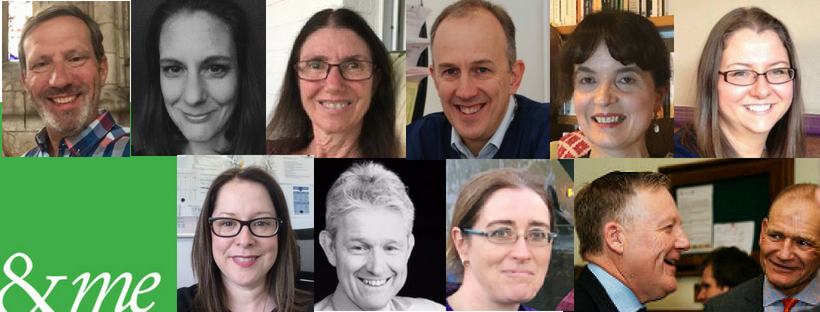
JOINING DSN
If you're interested in physician health and haven't come across DSN before, any UK doctor or medical student, with mental health concerns, is warmly invited to consider joining (it's free with a suggested donation) and taking part in our anonymous, confidential support forum. Anyone not included in the above category who supports the aims of DSN in improving physician health is invited to consider becoming an associate member. Find out more on our JOIN
page.
PUBLICITY
DSN leaflets and posters can be downloaded and printed out from our PUBLICITY
page.

